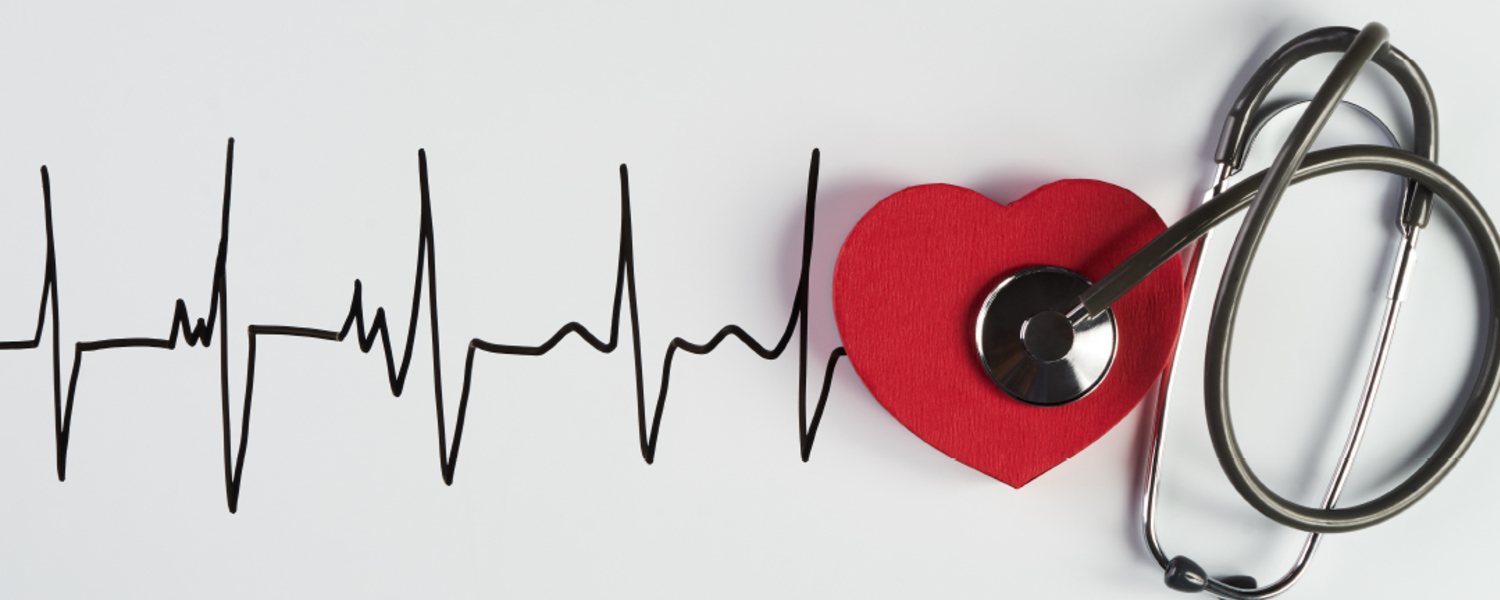Why Is My Heart Beating Fast. Other possibilities include too much caffeine, decongestants, or being out of shape. The adrenaline is moving through your veins, keeping your heart rate fast, and leading to the unease you feel about it.

A rapid or fast heartbeat is when your heart is beating faster than normal. While you wake up suddenly, your heart starts beating faster than normally. A veterinary consultation as soon as possible is recommended to ensure no health issues are causing the fast or irregular heart beats in your puppy.
In Tachycardia, An Irregular Electrical Signal (Impulse) Starting In The Upper Or Lower Chambers Of The Heart Causes The Heart To Beat Faster.
The more anxious you feel, the more pronounced your symptoms can be. If the dehydration gets worse, a person may also experience a rapid heart rate, rapid breathing, and low blood pressure. This may be due to stress, anxiety, medications, or it may be a sign of a serious heart condition.
Other Possibilities Include Too Much Caffeine, Decongestants, Or Being Out Of Shape.
Stress and anxiety trigger the release of stress hormones, which in turn increase your heart rate and blood pressure. A heart beating too fast or too hard can be a messenger telling us that we need to acknowledge and own stressful or negative emotions lurking just below the surface. Fainting if your heart beats too quickly and causes your blood pressure to drop cardiac arrest if your palpitations are caused by arrhythmias and.
For Example, Say You’re Out With Friends To Celebrate A Big Promotion Or Retirement.
This is more likely in those with a heart problem, such as congenital heart disease or certain valve problems. When your heart beats too quickly, it is a condition called tachycardia. Causes and treatments response to strong emotions.
Possible Causes Of An Elevated Pulse Include Fever, Anemia, Anxiety, Or An Overactive Thyroid.
For many, that creates more anxiety, leading to a sustained rapid heart rate. Conversely, when your heart rate is too slow, it's called bradycardia. They can also happen when.
A Normal Heart Rate Is 60 To 100 Beats Per Minute.
In this condition, the heart’s natural pacemaker, the sinoatrial (sa) node, sends out electrical signals faster than usual. Still, your heart starts racing. Many types of irregular heart rhythms (arrhythmias) can cause tachycardia.
